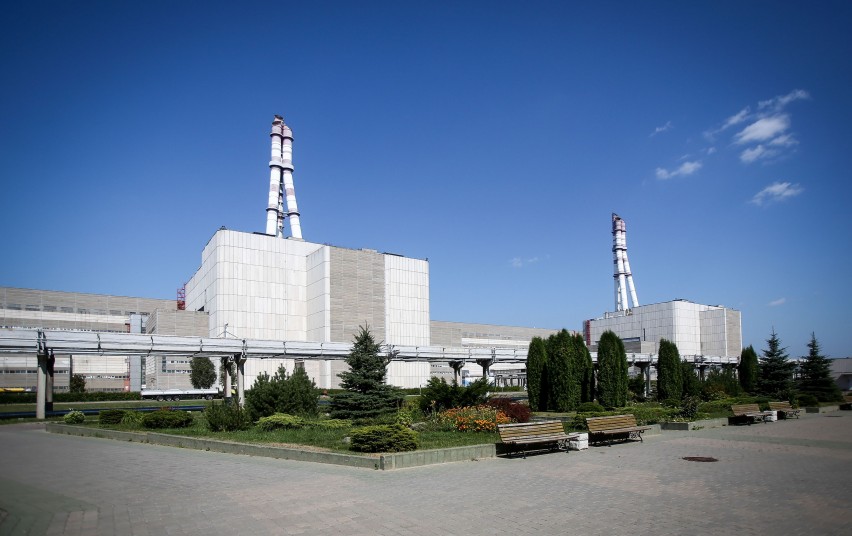Kelvista wins contract for repository of radioactive waste in Lithuania
2019-12-12
‘Kelvista” will supervise the construction of the near surface repository for the Ignalina Nuclear Power Plant. The project includes also project management and provision of several engineering services for a total value of 1,15 Million Euro.
– This is one of our biggest public procurement wins and a great opportunity for the company to demonstrate its mastery in managing a large and important nationwide project. I’m happy that our extensive experience and high technical expertise are recognized by our client Ignalina Nuclear Power Plant, says “Kelvista” Chief Engineer Gintautas Staskevičius.

– The team of this project will include Andrius Pleška, a young, full of energy (but already distinguished in other large-scale successful projects) and very promising head of the Buildings and Structures Department, who will be assisted by the new colleague widely experienced in project management – Jurgis Gelčys. The team is ready for this big project and we believe they will make the most of their competencies to meet the challenges of the project, says Gintautas Staskevičius.
Gintautas will lead the project and he is enthusiastic about the sustainability and technical aspects of the work in front of him and his team:
– The radioactive waste will be deposited and concreted in containers and placed in specially designed storage basements. It is also necessary to develop transport and other infrastructure around the repository – this is about engineering and responsibility on the highest level.
Lithuania agreed to close the Ignalina Nuclear Power Plant as part of its accession agreement to the European Union. The EU is financing the shutdown and the construction of the repository is an important part of that process. It will be put in operation by 2024.
Kelvista is a subsidiary of Kelprojektas and together they are the largest providers of technical supervision and infrastructure engineering in Lithuania. They are both part of the Swedish Tyréns Group.
Project is funded by the European Union Ignalina Program.

 Lietuviškai
Lietuviškai